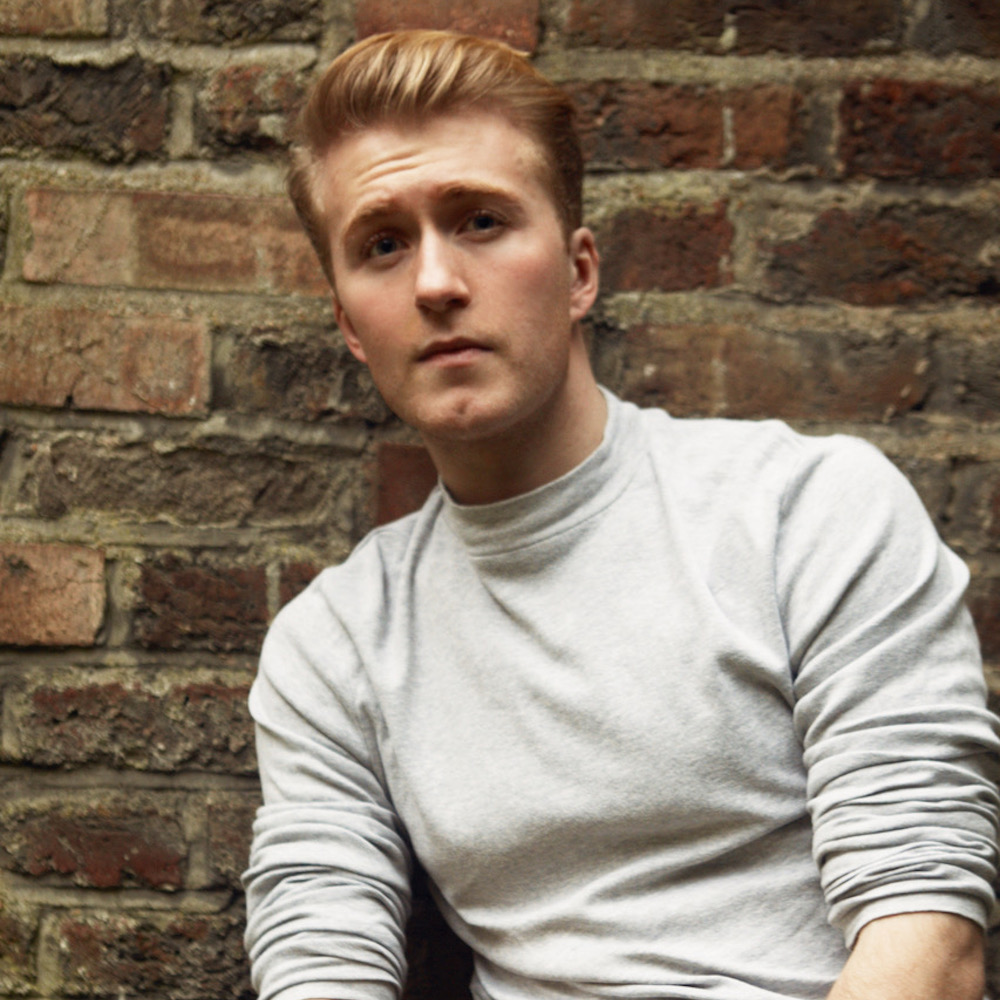Zuckerburg, we hereby unsubscribe
Words Jordan Waller
The recent revelation by pallid lizard-person Mark Zuckerburg that Facebook might have been fooling around with its users’ personal data seems to have shocked people. Personally, I’m not surprised. Stories of the platform’s abuse of its big data have been rumbling around since it was first introduced, and besides, I don’t think it’s the real issue. For me, it’s the addictive lure of meaningless approbation that should concern us more. We all know that the first step to recovery is admitting you have a problem, and I admit it: I have a problem. I spend hours a day scrolling, re-tweeting and Instagramming, and it’s crippling. My phone, that shining portal to a world of validation, is the first thing I grab when I wake up and the last thing I look at before going to sleep. Does it make me happy? Obviously not. In fact, I can’t stand it anymore, but I see no way out. Why? Because I’m a stupid actor.
As everyone knows, actors are whores. They deal not in reality, but the illusion of it. Their aim is to convey a true-seeming story of a character for the gratification of others, using their bodies. Just as a theatrical set should transport us from the auditorium to another time and place, so the actor should form a bridge between the emotional falsehood of the setting and the truth of the story. Actors play on our desires, luring us in with a burlesque dance, enabling us to recognise ourselves in a world outside of our own. They must be believable or the illusion will shatter, our pleasure interrupted. So they draw on their own ‘truth’, digging deep for real memories and experiences in order to conjure up different aspects of themselves – both for their craft and (usually, though not always) for money. Their talent lies in their ability to expose themselves.
In this way, the cinema, television and theatre are like brothels: places where hungry regulars seek out their favourite storytellers, as sold and packaged by the Grande Madames of the industry that we call producers. Branding is key in the cattle market of casting. Just as I know what I’m getting when I order a Quarter Pounder from the Golden Arches, so an audience knows the level of quality it can expect from, say, a Meryl Streep movie.
The reason we like actors – and the reason why some people love actors – is because we feel as if we know them. We follow the same ones in different roles because with each performance comes a fresh, tantalising taste of their infinitely complex characters. For me, that actor is Jack Nicholson. Of course, I’ve never met him. I’m duped.
It’s this erroneous but entirely human feeling of connection that has the potential to sew dangerous seeds. And by that I mean seeds that can eventually lead to stalking, abusing and – in the most extreme cases – murder. But if we backtrack from the portrait of a serial killer I’ve suddenly dropped into the mix, it’s easy enough to understand how the idea of a person can develop into a false sense of a relationship. After all, that’s what imagination is: suspending your disbelief and indulging in pretend play. And social media provides us with a playground for those constructed falsehoods on a daily basis. With Instagram, we present to the world who we are through a collection of staged photos; on Twitter, we are the total sum of fragmentary thoughts and are held insidiously to task for every single character in them; on Facebook, we get the sense we know people by drooling over their profile pictures, and curating our own. In other words, social media makes actors of all of us.
Much like those models, influencers and bloggers clogging your feeds, actors are subject to objectification, and it’s easy to lose your sense of ‘self’ in the process. As a result, it’s crucial to find ways of separating your human self from your work, image, and brand. Otherwise, you start to anchor yourself entirely in the imagination of others. And now that a significant proportion of the human race is playing a part on social media, that applies to most of us.
So, if we accept that social media is the biggest facilitator of this conflation of image with being, it’s interesting to ask why we crave simplifying ourselves into a single character with a distinct narrative. Our culture of storytelling is a key component, but we can also point to the Western world’s obsession with the ‘true self’ – the neat and tidy fantasy that there is a deep and unchanging quintessential self in all of us, which we should strive to unearth.
In reality, of course, we’re constantly changing. Our interests, motivations and desires are in a perpetual state of flux, and the human ‘self’ is inherently malleable. We are more than images, even if they’re moving on a cinema screen. And, if we entrust ourselves fully to the limiting nature of those images and ideas, we become trapped.
Perhaps we could use this Cambridge Analytica scandal as a tool to reboot. A chance to regroup, take a look at ourselves and each other (not via our iPhone cameras) and debate whether we need or indeed want the self-validation trap of social media. Is the only way to avoid the dystopian vision offered by Charlie Brooker’s Black Mirror to say, look, there were moments of fun while it lasted, but we got it wrong, time to unsubscribe. Maybe we all want to live again, and send Zuckerburg back into space. Wouldn’t that be brilliant?
Please share and like this on Twitter if you agree.

Jordan Waller
Jordan is an actor and writer from Bristol. He is currently playing Lord Alfred Paget in the ITV series Victoria.
